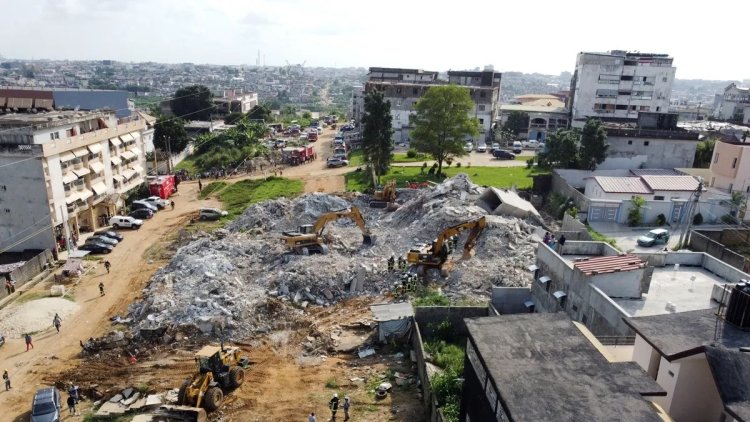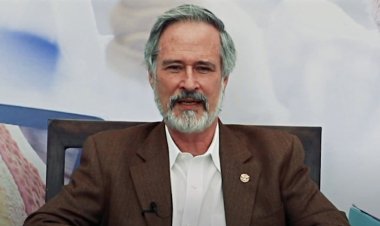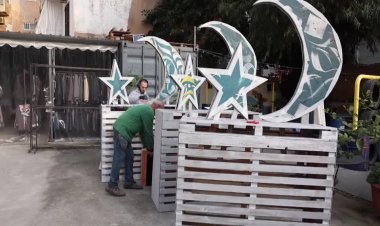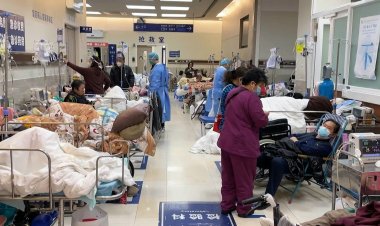Abidjan Slum Demolition

Officials said the "insanitary" housing, in a poor district of the city, was torn down on public health grounds.
The fate of the demolished neighborhood is indicative of rampant urbanization in the capital, whose population mushroomed from three million to six million between 1998 and 2021, according to the National Institute of Statistics.
Even beyond the capital, Ivory Coast is experiencing mass migration into cities which is exacerbating housing shortages and causing overcrowding while many properties are inadequately built.
"Banco 1", named after the forest it stood opposite, was one of Abidjan's poorest districts, home to around a hundred people before it was torn down.
And if such eviction operations were not new, they were now being carried out on a massive scale.
Ibrahim Bacongo Cisse, the governor of greater Abidjan, the country's economic capital and a metropolis of six million people, announced the operation last week.
The way the evictions have been carried out has divided politicians, even inside President Alassane Ouattara's Rally of Houphouet Lists for Democracy and Peace party (RHDP).
Among those hit by the operations was the working class district of Yopougon, run by an RHDP city council.
They said nearly a thousand families had been hit by the eviction and demolition operations since late January. A school that catered for 1,880 students was among those demolished.
Yopougon has become a political battlefield, visited by the main opposition leaders Tidjane Thiam of the Democratic Party and former president Laurent Gbagbo. Yopougon used to be his political stronghold.
Although some of the evictions had been planned before the African Cup of Nations, which Ivory Coast hosted in mid-February, the authorities preferred to push them back until after the tournament.
Despite the criticism, Bacongo Cisse has stood firm.















